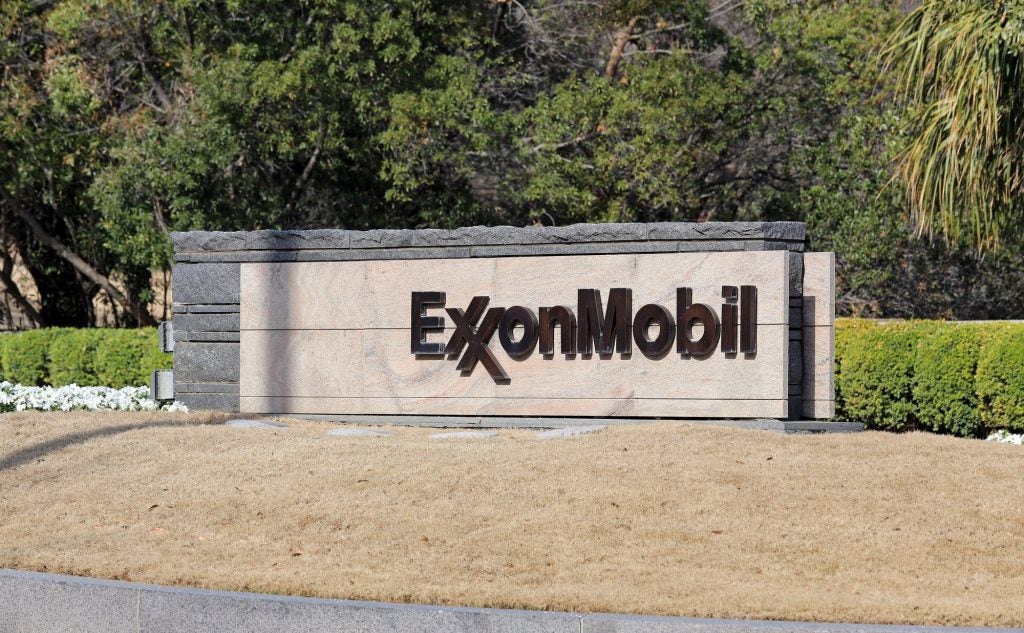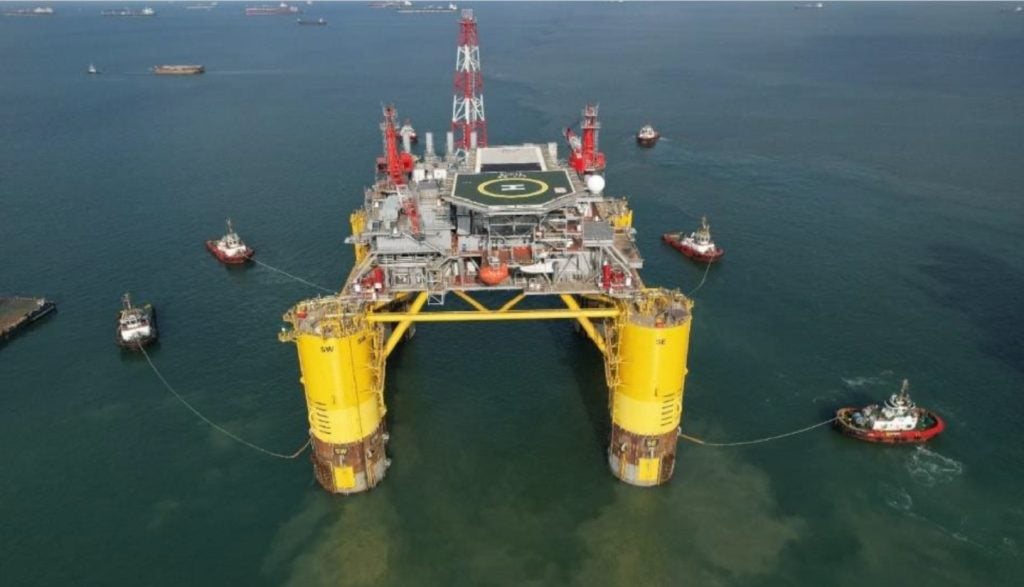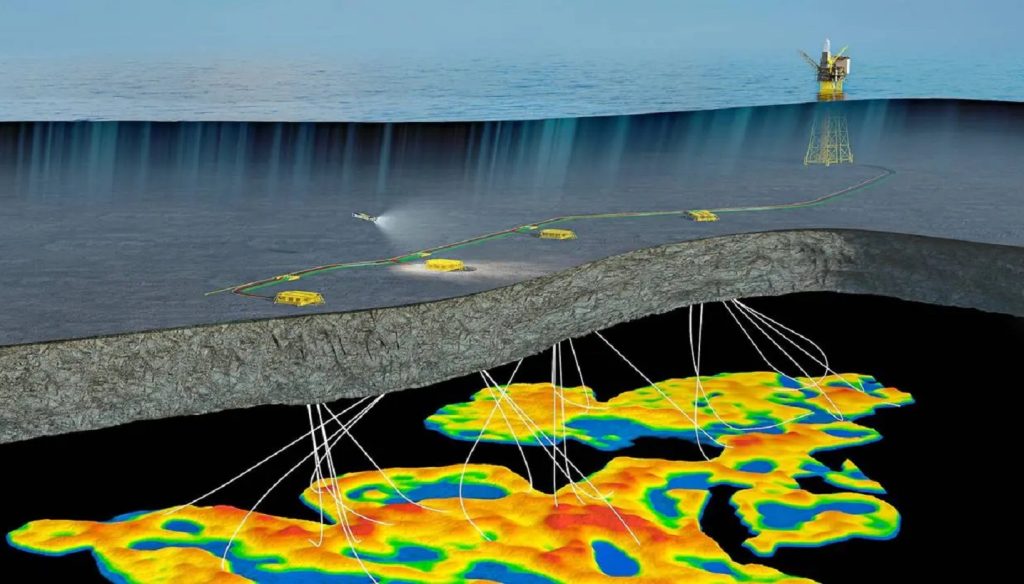Oil and gas giant ExxonMobil is in talks to join the UN-led Oil & Gas Methane Partnership (OGMP), a move that would require disclosing more details on its global methane pollution, according to two anonymous sources.
One person familiar with the matter told Reuters that the decision by Exxon was inspired by its recent acquisition of Pioneer Natural Resources, which is already an OGMP member. The deal is the company’s largest since its merger with Mobil in 1999 and makes Exxon the biggest producer in New Mexico’s Permian Basin in the US by some margin.
Currently, Exxon, along with other US oil major Chevron, is part of the OGCI, a CEO-led consortium of oil companies that sets its own emissions targets and has no standardised monitoring. Activities of the OGCI have been criticised as greenwashing, with little tangible evidence of action from the group being made publicly available.
Many other oil giants including ConocoPhillips, Shell and BP are already part of the OGMP. "Exxon and Chevron are laggards here. We tell them this every chance we get," Mark Brownstein, senior vice-president for energy at the Environmental Defense Fund, a partner in OGMP, told Reuters.
The OGMP is an initiative coordinated by the UN Environment Programme and comprises nearly 100 of the world’s biggest polluters. Collectively, those already signed onto the partnership produce more than one-third of global oil and gas.
OGMP members must report their methane emissions using standardised, measurement-based methodologies designed to boost corporate transparency and encourage more timely fixes of leaks and more rapidly decreased methane emissions.
The International Energy Agency estimates that approximately 70% of methane emissions from fossil fuel operations could be reduced with existing technology. In the oil and gas sector specifically, emissions can be reduced by more than 75% by implementing simple measures such as leak detection and repair programmes, as well as upgrading leaky equipment.
If ExxonMobil joins the OGMP, it will mark a shift in the company’s commitment to emissions reporting, something it has resisted in recent years even as shareholders call for greater transparency and improved climate targets.
In March this year, Exxon broke rules by failing to immediately report a methane leak at one of its facilities in the Permian Basin. The leak was spotted on a third-party satellite image, with Exxon later acknowledging the fault and blaming human error for the misstep.












